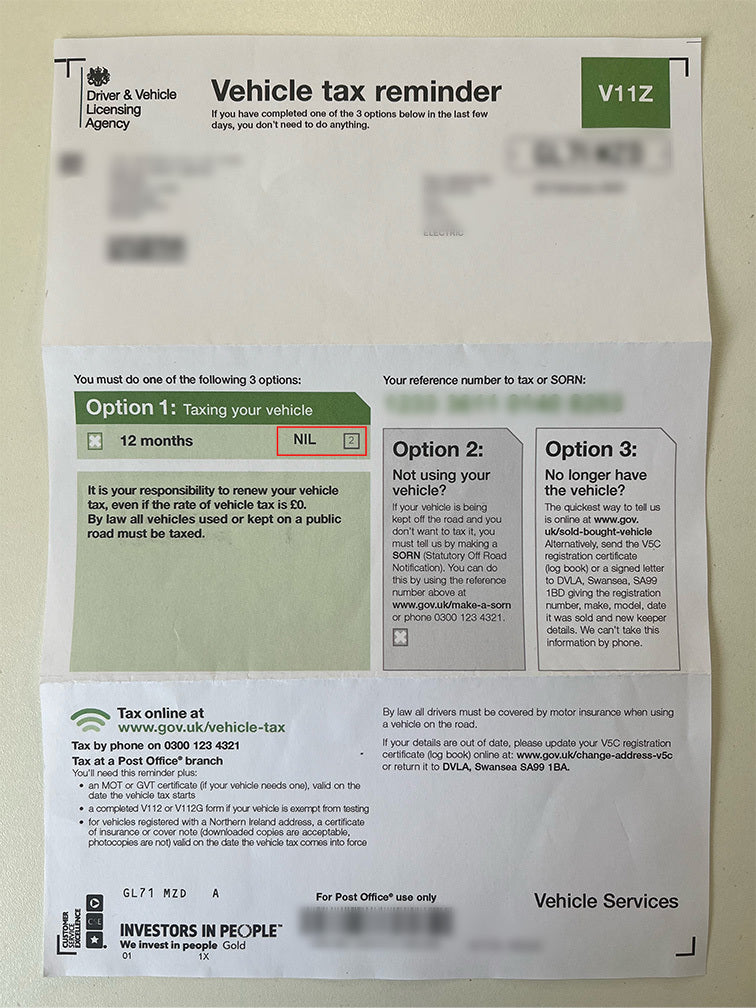As the world shifts towards eco-friendly transportation, hybrid vehicles are gaining traction. If you're a proud hybrid owner or considering joining the club, you're in the right place! In this ultimate guide, we'll break down the types of hybrids, various charging methods, and share the best practices for seamless charging. Let's jump in and make charging your hybrid as easy as pie!
The Hybrid Trio: Unravelling the Mystery
To make sense of hybrid charging, let's first clarify the three types of hybrid vehicles, each with their own unique charging requirements:
Mild Hybrids:
These eco-champs use an electric motor to support the gasoline engine, cutting down on fuel consumption and emissions. They can't travel using full electric power but instead use electricity to aid fuel efficiency for shorter periods.
The electric power system in mild hybrids is self-contained, meaning they don’t need external charging. But without external charging, how do their batteries charge? They use regenerative braking.
Self-Charging Hybrids:
Also known as full or standard hybrids, these green machines can switch between electric and gas power. Their batteries also charge through regenerative braking and the internal combustion engine. Therefore, just like mild hybrids, they don't need plugging in and charged up from an external power source.
Plug-in Hybrids (PHEVs):
With larger batteries than self-charging hybrids, PHEVs can travel farther on electric power. Although these hybrids can self-charge using regenerative braking, it’s much more efficient to charge them using an external charging cable at a home or public charging station.
Charging a PHEV uses the same process as charging a fully-electric vehicle. First, you’ll need to ensure you’ve got a charging cable that’s compatible with your PHEV (see our handy guide here). Then, you simply plug one end of the cable into your vehicle’s charging port and the other end (if it’s an untethered cable) into the charging station and you’re ready to power up.
Charging Made Easy: Home vs. Public
Now that we've unravelled the hybrid trio, let's explore the charging methods available for PHEVs, the only hybrids that need external charging.
Home Sweet Home:
Most PHEV owners charge at home using a standard 120V outlet or a dedicated Level 2 charging station for faster charging. The main benefits of home charging is that charging can be cheaper and it’s convenient. Charging overnight capitalises on lower electricity rates and ensures you have a fully charged vehicle for the morning drive.
On-the-Go:
Public charging stations, offering Level 2 or DC Fast Charging, provide an alternative for PHEV owners. These charging stations can often be found at places like large supermarkets, shopping centres, hotels, and service stations, some of which offer free charging. Keep in mind that compatibility is key. Therefore, you’ll need to make sure you have the right connector and charging cable for your hybrid.
Time well spent: Charge up in hours
Unfortunately, charging up your PHEV won’t be as quick as filling up at the petrol station. However, due to the smaller batteries, charging a PHEV is quicker than charging a fully-electric vehicle. This middle ground between fully petrol and fully electric allows you to reap the benefits of green electric energy without having the longer charging times.
Exactly how long it’ll take you to charge your PHEV will vary between vehicle models as well as depending on the power source you use. Using a 240 volt charger, many PHEVs will take around 3 hours to charge. Whereas, using a 120 volt charger will charge most PHEVs in around 6 hours.
Charging frequency
As PHEVs have smaller batteries, they also have smaller electric ranges. This doesn’t mean that your vehicle is restricted to this mileage as your vehicle starts using fuel when it’s used up its electricity, but if you want to drive mainly using electric power, you will have to charge up more regularly. How often you will need to recharge will depend on how often you use your vehicle, how far you usually travel, and your vehicle's electric range. As most PHEV models will provide around 25-45 miles using electric power alone, if you use your PHEV for your daily commute, you may need to charge every day or every second day.
Charge Smart: Tips for Seamless Hybrid Charging
Maximise your hybrid's performance with these handy tips for efficient and effective charging.
Know Your Hybrid's Needs: Get familiar with your vehicle's charging requirements, including connector types, charging speeds, and best practices.
Quality Matters: Invest in a top-notch charging cable for safe and efficient charging. Check compatibility with your vehicle and the charging stations you plan to use.
Night Owl Charging: If you can, charge your PHEV during off-peak hours to benefit from lower electricity rates and ease the burden on the power grid.
Maintenance is Key: Keep your charging cable in tip-top shape by inspecting it for damage and following proper storage guidelines. Don't forget to clean your vehicle's charging port regularly for a secure connection.
Embrace Regenerative Braking: Make the most of your hybrid's regenerative braking feature to recharge the battery while driving.
Conclusion
Mastering your hybrid vehicle's charging requirements and following best practices are vital for its optimal performance. With this guide, you're now well-equipped to keep your eco-friendly ride powered up and ready for action.
Since you're now a pro at charging hybrid vehicles, it's time to find a reliable charging cable for your PHEV. At EV Cables, we've got you covered with our range of high-quality charging cables, compatible with various hybrid vehicles. Say goodbye to charging confusion and find the perfect EV charging cable for your hybrid vehicle by visiting our website today!



Leave a comment
All comments are moderated before being published.
This site is protected by hCaptcha and the hCaptcha Privacy Policy and Terms of Service apply.